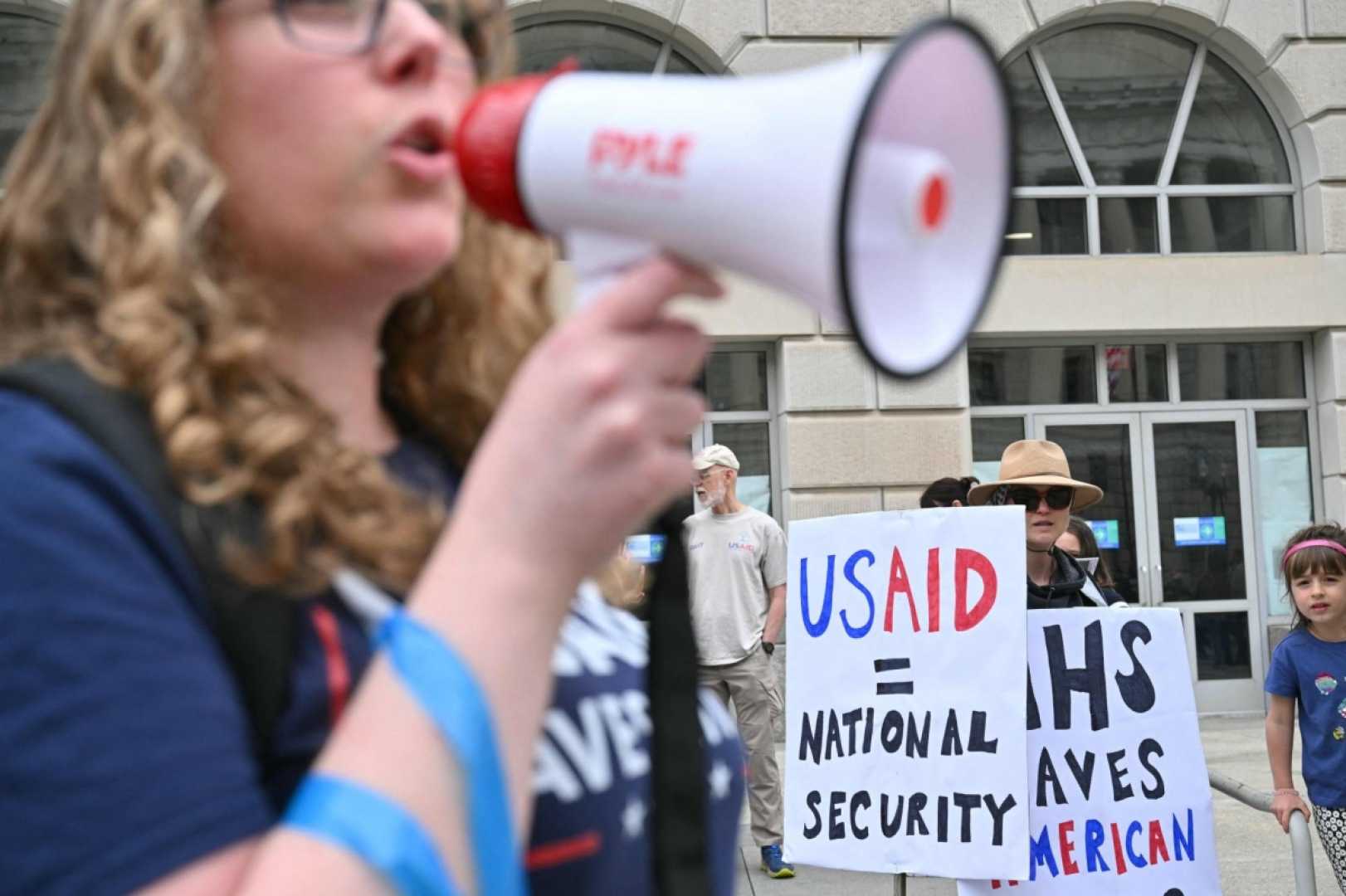News
US Reinstates Aid Programs Amid Ongoing Foreign Assistance Cuts

WASHINGTON, April 8 (Reuters) – The Trump administration announced on Tuesday plans to reinstate at least six recently canceled U.S. foreign aid programs aimed at providing emergency food assistance, following internal pressure and Congressional advocacy.
This reversal highlights the erratic nature of Trump’s foreign aid policy, which has seen programs rapidly cut, restored, and cut again, disrupting humanitarian operations worldwide. Acting USAID Deputy Administrator Jeremy Lewin communicated the decision in an internal email, urging staff to reverse terminations that had been made just days prior.
Lewin’s directive included restoring awards to the World Food Programme for countries such as Lebanon, Syria, Somalia, Jordan, Iraq, and Ecuador. Additionally, four awards to the International Organization for Migration in the Pacific have been reinstated. “Sorry for all the back and forth on awards,” Lewin stated in the email. “There are a lot of stakeholders, and we need to do better about balancing these competing interests — that’s my fault and I take responsibility,” he added.
Recently, the Trump administration’s decisions have threatened life-saving aid for more than a dozen countries, including Afghanistan, Yemen, Somalia, and Syria, amounting to over $1.3 billion in cuts. The advocacy group Stand Up For Aid reported that contract cancellations for the World Food Programme last weekend totaled over $463 million for Lebanon, Syria, Somalia, and Jordan alone.
Further complicating the situation, multiple programs had been granted waivers from these cuts by Secretary of State Marco Rubio but were still abruptly terminated, leading to confusion regarding final decisions. As of now, the State Department has not provided comment about the restoration of the suspended awards.
On Monday, the World Food Programme communicated that the U.S. had indicated it was eliminating emergency food assistance funding for 14 countries. The organization warned that such cuts could lead to dire consequences for millions facing extreme hunger. Despite the reinstatements, the U.S. has not provided aid to Taliban-controlled Afghanistan or Yemen, where the Iranian-backed Houthi movement holds significant power, raising concerns about potential benefits to these groups.
State Department spokesperson Tammy Bruce addressed the issue, confirming that there were concerns about WFP funding supporting the Taliban and Houthis. “There were a few programs that were cut in other countries that were not meant to be cut and have been rolled back and put into place,” Bruce said, emphasizing the administration’s ongoing commitment to foreign aid.
Among the notable cuts were $169.8 million to the WFP for Somalia and $111 million for Syria, which served crucial operations like food assistance, nutrition for children, and humanitarian air support. These cuts are part of a broader plan by the Trump administration to overhaul U.S. humanitarian efforts by significantly reducing the budget for foreign aid.
The Senate Foreign Relations Committee Democrats expressed their concerns in a letter to Rubio regarding proposals to restructure the State Department and incorporate USAID into its functions, describing such actions as “unconstitutional, illegal, unjustified, damaging, and inefficient.”












